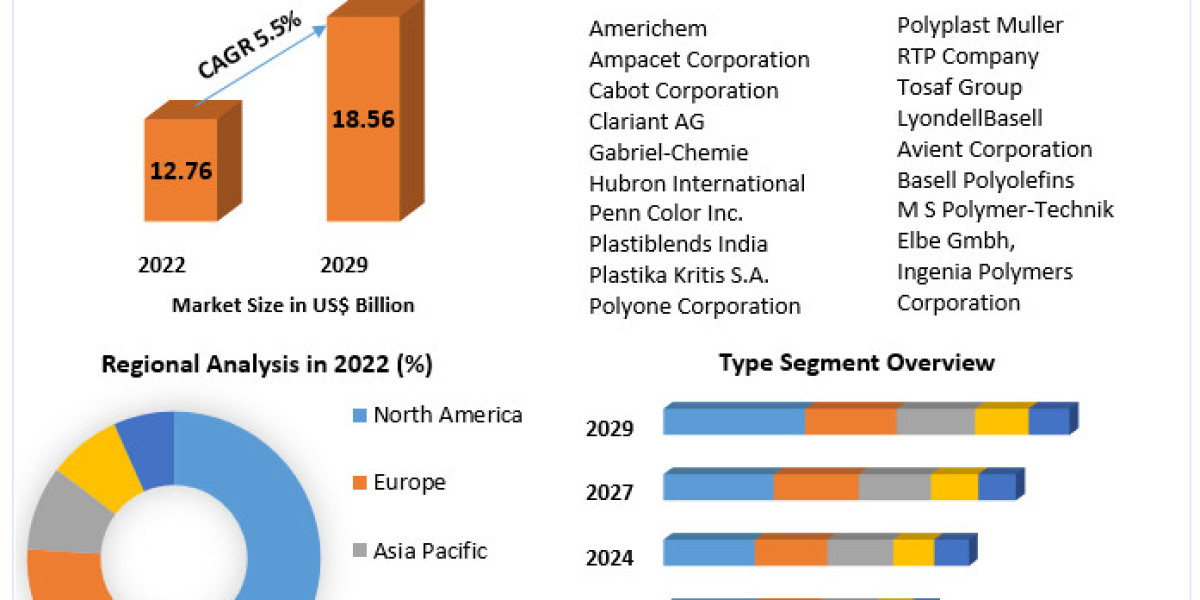Originally Published on: QuantzigSmart Factory and Its Impact on Manufacturing
Introduction
In the ever-evolving domain of modern manufacturing, the rise of Smart Factories signals a transformative shift. By integrating cutting-edge technologies like artificial intelligence, IoT (Internet of Things), and advanced robotics, the Smart Factory emerges as a trailblazer, steering industrial progress away from conventional assembly lines and manual labor. This article delves into the profound impact of Smart Factories on the manufacturing industry, unraveling their transformative prowess in optimizing efficiency, quality, and competitiveness. Embark on a journey into the future of manufacturing, where the synergy of innovation and automation redefines the very essence of production.
Benefits of Smart Factory and Its Impact on Manufacturing:
Simplify Manufacturing Processes Through Automation: Smart Factories usher in automation to streamline manufacturing processes. Leveraging robotics, AI-driven machinery, and IoT sensors, tasks previously handled by human labor are executed with enhanced efficiency, reducing errors. This results in consistent, high-quality outputs, slashing labor costs, improving speed, and ensuring precision – a vital edge in today’s fast-paced market.
Improve Assets and Resource Productivity: Harnessing data analytics and real-time monitoring, Smart Factories optimize asset and resource utilization. Proactive maintenance of machinery prevents breakdowns, maximizing uptime. Efficient management of resources such as raw materials curtails overstocking or underutilization. The significance lies in cost savings, sustainable practices, and achieving more with fewer resources, thereby reducing environmental impact and operational expenses.
Reduce Wastage, Spoilage, and Improve Key Production Process KPIs: The data-driven approach of Smart Factories enables precise control over production processes, resulting in a reduction in wastage and spoilage. Real-time identification and rectification of deviations from desired quality or production parameters are facilitated. Continuous monitoring and improvement of key Production Process KPIs, including yield, cycle times, and defect rates, ensure higher product quality and enhanced overall operational efficiency. The importance lies in improved profitability, resource conservation, and elevated customer satisfaction.
In summary, the transformative impact of Smart Factories on manufacturing is unmistakable. They empower manufacturers to automate processes, optimize resource utilization, and achieve efficiency gains, leading to cost savings, environmental benefits, and heightened competitiveness. By embracing Smart Factory principles, manufacturers can adeptly respond to the ever-changing market demands, paving the way for a more sustainable and efficient future in manufacturing.
Challenges/Problems Faced While Implementing Smart Factory:
Highly Manual Processes: The implementation of Smart Factories often involves grappling with existing highly manual processes deeply entrenched in traditional manufacturing setups. The transition to automation and digitalization may face resistance from the workforce, necessitating effective change management strategies, clear communication, and upskilling the workforce to operate and maintain new automated systems.
Lack of IT Infrastructure in Plants to Set Up Digital Ecosystems: The establishment of a digital ecosystem within manufacturing plants encounters challenges due to a lack of adequate IT infrastructure. Legacy facilities may lack necessary networking capabilities, robust cybersecurity measures, or data management systems essential for Smart Factory technologies. Addressing this challenge demands investments in upgrading plant infrastructure to seamlessly integrate digital technologies while ensuring data integrity and security.
Legacy Processes Involving Complex Workflows: Dealing with legacy processes involving complex workflows poses a significant hurdle. Transitioning to streamlined, data-driven workflows requires a thorough analysis, identification of inefficiencies, and careful planning to avoid disruptions in production. Meticulous planning and a phased approach are essential in adopting Smart Factory solutions to minimize disruptions and maximize benefits.
Conclusion
In conclusion, the Smart Factory stands as a beacon of innovation and transformation in manufacturing. Its impact is revolutionary, reshaping traditional paradigms of production. By automating processes, optimizing resources, and reducing wastage, the Smart Factory ushers in a new era of efficiency and sustainability. Embracing the Smart Factory is not merely a choice; it is an imperative for manufacturers to adapt, evolve, and lead in an era where innovation is the key to success.
Success Story
Revolutionizing Production: Quantzig’s Smart Factory Solutions Unleash Manufacturing Excellence
Client Details: A leading spirit manufacturing company operating in the UK and Europe
Challenges Faced by the Client: Highly manual processes, lack of IT infrastructure, and complex legacy workflows impeded operational efficiency. The need for comprehensive workforce retraining, infrastructure upgrades, and meticulous planning to transition to Smart Factory solutions was apparent.
Solutions Offered by QZ: Quantzig provided an integrated production planning tool combining demand planning, capacity planning, and MRP planning. Simulators for capex planning based on capacity and demand forecasts were developed, offering insights into strategic investments. Digital twins for factories enabled real-time optimization, ensuring efficient production aligned with market demands.
Impact Delivered:
- 30% reduction in lead times
- Long-range capex outlook for effective cash flow management
- 15 percentage points increase in machine productivity
- 40% reduction in corrective maintenance
Learn how Quantzig transformed manufacturing with Smart Factory technology. Discover the future of production – download the case study now!








